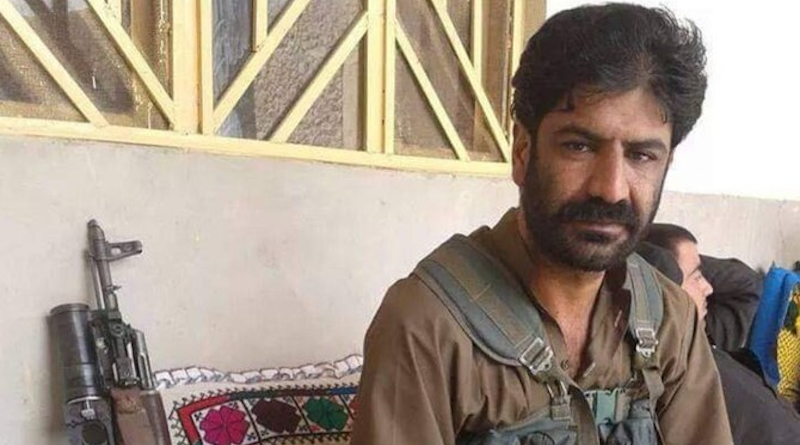The Imperative Of Negotiated Peace In Balochistan – OpEd
By Anum Khan
The present nationalist insurgency in Balochistan marks the fifth wave of such unrest in the region. In contrast to prior instances, which have seen negotiations between the state and Baloch insurgents, the current situation is characterized by a concerted and determined endeavor by the security establishment and political leadership to achieve a negotiated resolution to the Baloch issue.
The detention of Gulzar Imam, also known as Shambay, a significant terrorist commander and founder and head of the proscribed group Baloch National Army (BNA), represents a significant setback for terrorist organizations and their sponsors in Balochistan. Additionally, the Pakistani intelligence agencies have achieved a noteworthy triumph by apprehending the terrorist who was harbored by foreign intelligence agencies antagonistic to Pakistan. Such agents, who serve foreign agencies, employ deceptive tactics to mislead local youth and manipulate them act against the national security.
Pakistan’s state authorities have endeavored on multiple occasions to initiate peace talks and engage in negotiations with dissident Baloch sub-nationalist groups, addressing their grievances and concerns. Despite such efforts, these dialogues have consistently reached an impasse due to the unyielding demands of the sub-nationalist leaders. It is important to note that the state does not view these dissidents as enemies, but rather seeks to establish mutual understanding and foster confidence among the masses, especially in the Balochistan region, by emphasizing the state’s maternal role.
A pertinent inquiry pertains to the professional activities and funding sources of numerous Baloch terrorist leaders who reside in foreign countries and lead luxurious lifestyles. It is imperative for young Baloch individuals to question such militant groups, who through the guise of hostile foreign agencies, manipulate and guide them towards committing atrocities against innocent civilians and security forces in Balochistan. It is important for the Baloch community to reflect upon the possibility of the state transforming into an adversary for its own citizens. The assertion that the state is an enemy to the Baloch dissidents is unfounded. However, a distance between the two groups exists, and the question that arises is who is responsible for it. It can be argued that this gap has emerged as a result of misinformation and propaganda propagated by hostile agencies and their affiliates.
In this regards, there is urge for the government of Pakistan to take action to address misunderstandings and build trust among the Baloch populace in Balochistan. Government institutions should develop a comprehensive strategy for the repatriation of dissidents and the dissemination of accurate information regarding hostile agencies and their recruitment tactics. To reach the broader population, social media and local radio can be effective tools for spreading information and dispelling rumors. This requires the dedication of individuals who can communicate effectively with the populace in their language and relay factual information, emphasizing the state’s role as a maternal figure and the importance of unity in achieving progress.
In the context of Balochistan, peace is an imperative to national security and it would translate into improved regional stability, reduced militant activities, and an increase in public confidence in the state. The conflict in the region has caused human suffering, displacement of populations, and destruction of property, negatively affecting social and economic development. A report by the United Nations Development Program (UNDP) reveals that peace has a positive impact on economic growth and development. In regions like Balochistan experiencing conflicts or violence, the economy is weakened, and unemployment rates are high. The absence of peace in Balochistan has resulted in the loss of lives and increased insecurity. According to a report by the United Nations Peacebuilding Fund, social cohesion is essential for sustainable development, as it creates a sense of belonging and strengthens communities. In Balochistan, peace would encourage the development of cultural diversity and the preservation of indigenous cultures, thereby enhancing social and economic growth.
In conclusion, the attainment of peace is vital for the development and prosperity of Balochistan and Pakistan. Peace encourages investment, economic growth, and job creation, leading to higher incomes and improved living standards for the population. It also promotes social cohesion, ethnic harmony, and cultural diversity, fostering greater national unity and resilience against external threats.
*The author is an independent researcher based in Islamabad.

